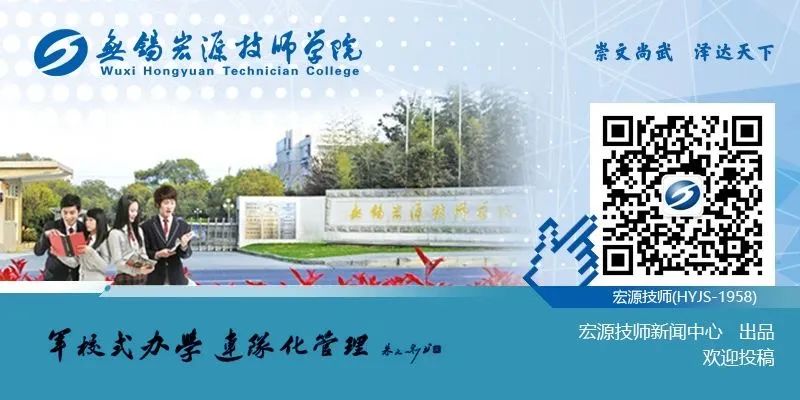
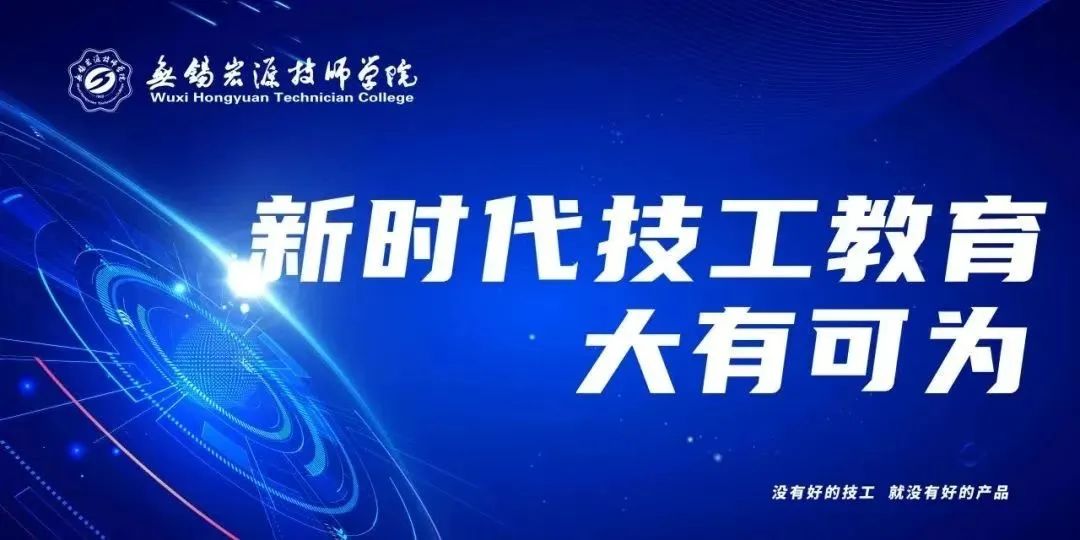
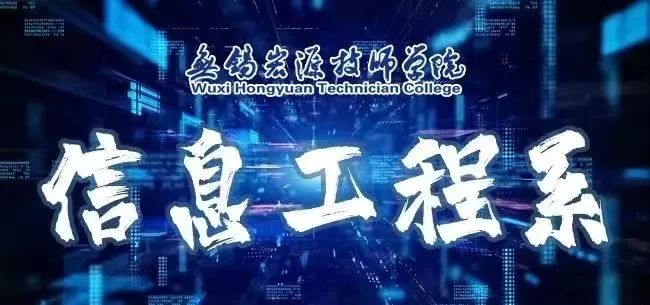

Spring Research Resonance
Engaging Classroom
AI Empowering C Language Education – Thematic Research Activity of the Computer Teaching Research Group
On the afternoon of April 11, the Department of Information Engineering invited Teacher Zhang Rui from the Academic Affairs Office to conduct a thematic lecture titled “In-depth Analysis of DeepSeek and GPT Technology Architecture” for all teachers in the Computer Teaching Research Group and the department. All teachers in the Computer Teaching Research Group engaged in a lively and in-depth discussion around “AI empowering C language education.” Teachers expressed their opinions and actively participated in exploring how to stimulate students’ interest in learning and enhance classroom participation through immersive and situational classroom design, bringing new vitality to C language classes.
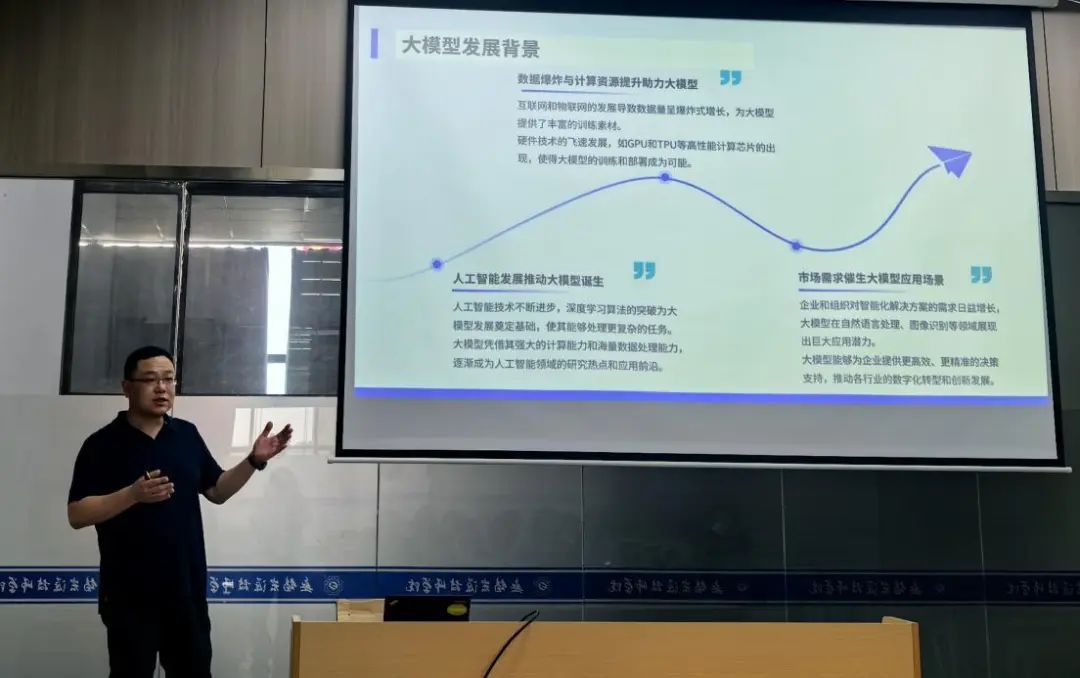
Tip
1.
AI Empowering Education: Unveiling the Core Logic
“AI does not replace teachers, but liberates them from repetitive tasks, allowing education to return to its essence of ‘nurturing people.'”
This viewpoint received unanimous agreement during the discussion. Taking the C language course as an example, the potential applications of AI are vast.
· Interactive Design: AI assists in designing situational drama introductions and interactive game segments, making classroom introductions less tedious and stimulating students’ interest in learning;
· Intelligent Generation: It can automatically generate code examples, error collections, and even customize personalized learning paths for each student to meet different learning needs;
· Data-Driven: Through learning situation analysis, it accurately identifies weak points in teaching, making instruction more targeted and effective.
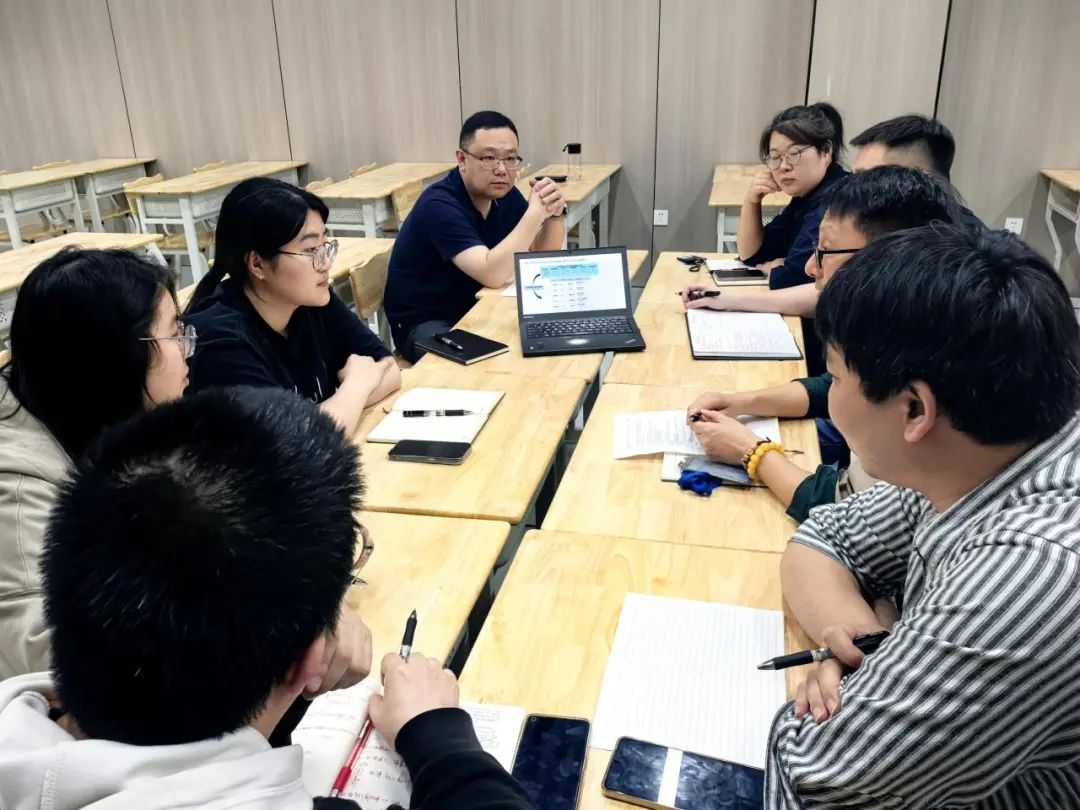
Tip
2.
Creative Ideas: Wonderful Designs at the Research Site
Situational drama introduction – “Express Sorting Assembly Line” vividly illustrates loop control statements.
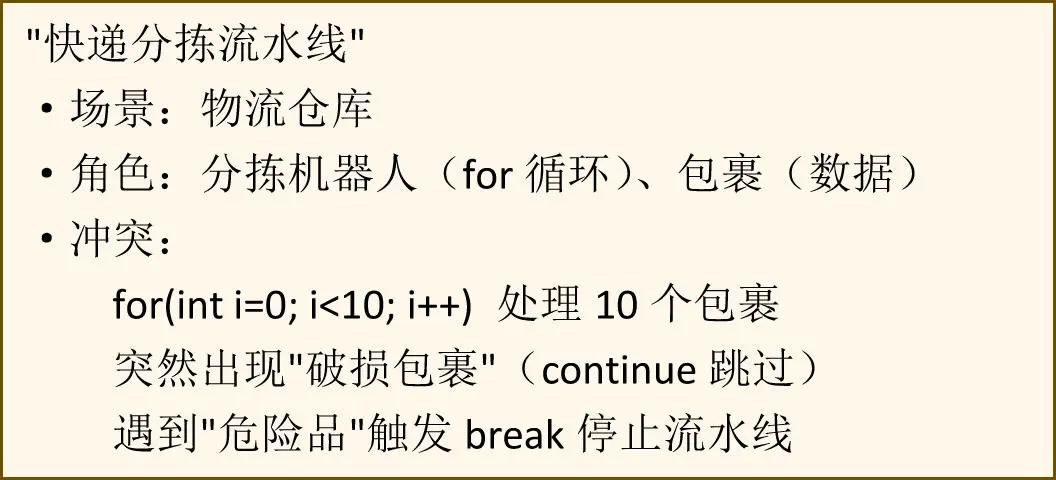
Teachers discussed the design of the situational drama around the knowledge point of “the practical significance of loop control statements.” The specifics are as follows:
• Scene: Set in a logistics warehouse, filled with life, making it easier for students to understand.
• Roles: The sorting robot represents the for loop, and the packages represent data.
• Conflict: During the process of handling 10 packages, when a “damaged package” appears, it uses continue to skip, and when encountering “dangerous goods,” it triggers break to stop the assembly line. This way, the originally complex and obscure loop control statements become intuitive and easy to understand, greatly enhancing students’ understanding efficiency.
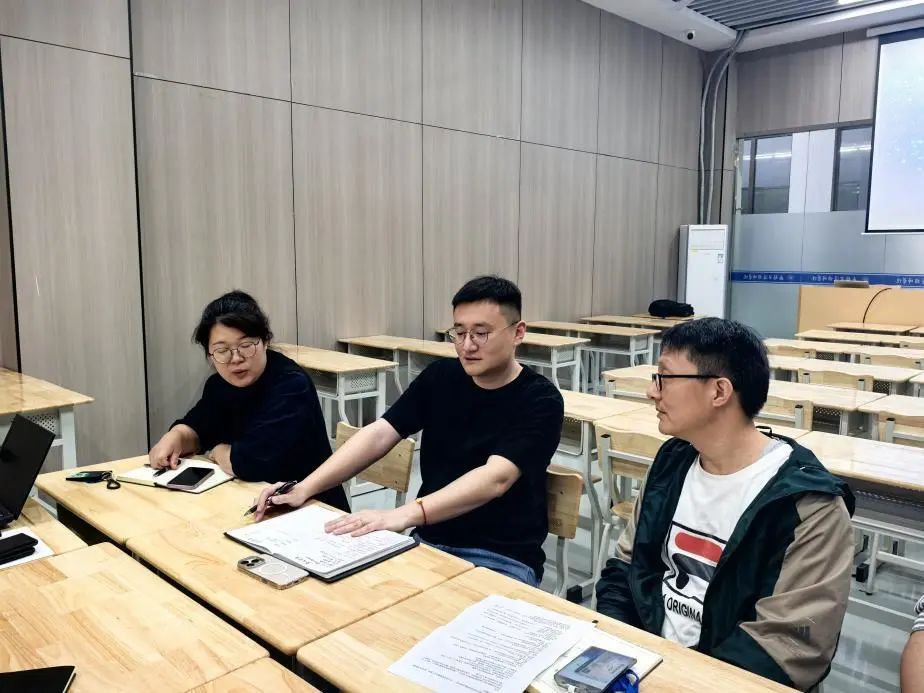
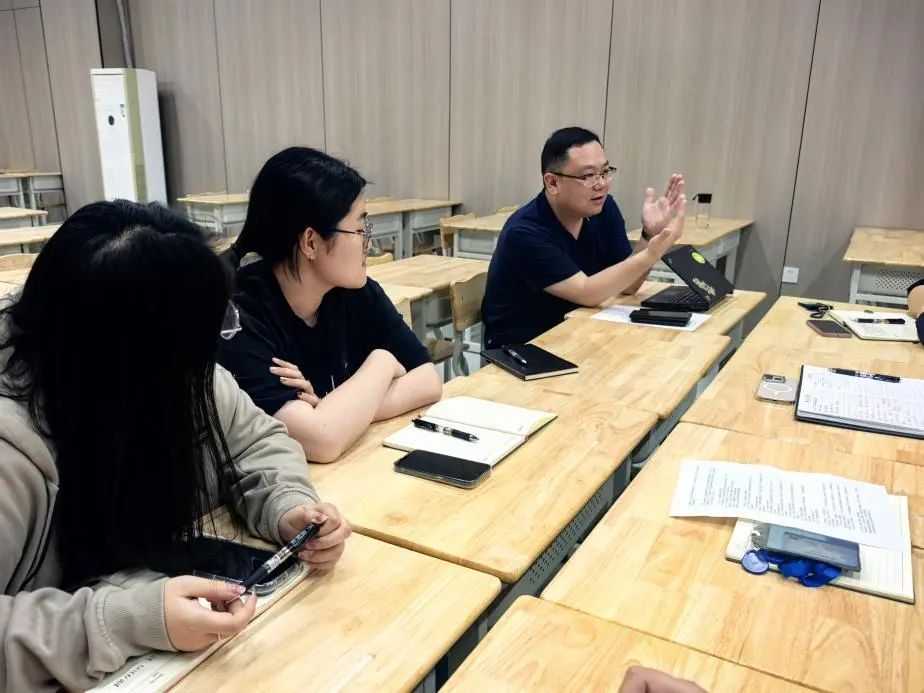
Tip
3.
Teachers’ Reflections: Surprising Transformations Brought by AI
Teachers participating in this research activity shared the real and profound changes that AI empowerment in teaching has brought to them.
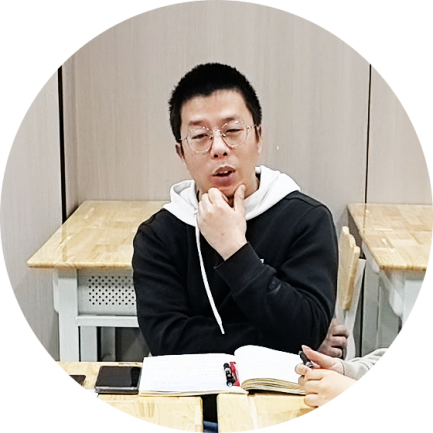
Teacher Gu Yi:
After AI empowered teaching, the intelligently designed interactive games not only made programming classes lively and interesting but also dynamically adjusted the game difficulty based on students’ real-time performance, truly achieving efficient teaching, making learning easier and more enjoyable for students.
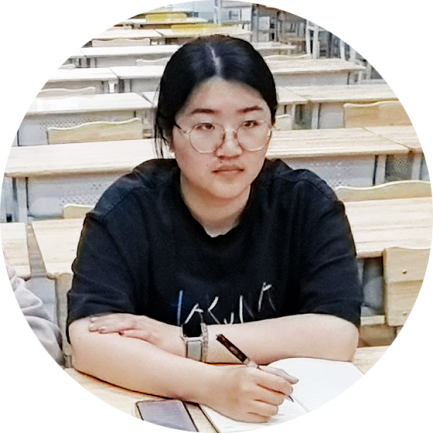
Teacher Tang Linglong:
AI has freed C language teaching from tedious grammar correction work, allowing teachers to focus more on valuable algorithm and logic training, making teaching priorities more prominent and significantly improving teaching quality.
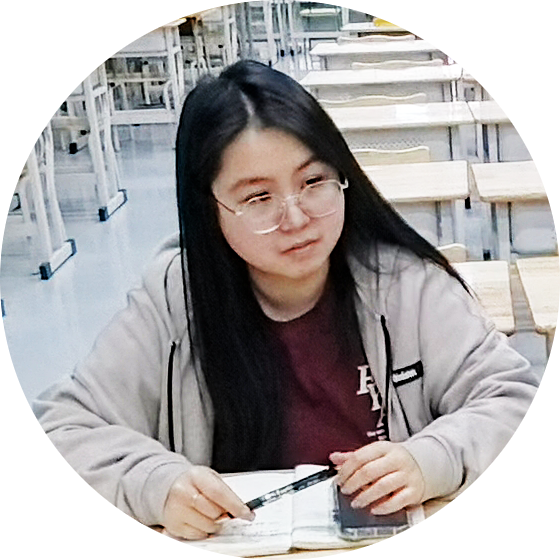
Teacher Wang Yan:
Situational drama introductions like the ‘Express Sorting Assembly Line’ are filled with life, allowing students to easily understand complex programming knowledge, completely changing the impression of programming classes as dull and tedious in students’ minds.
When education meets AI, what changes is not only efficiency but also the diverse possibilities of teaching forms. This seminar is not the end but the starting point for the Computer Teaching Research Group to explore intelligent education. All teachers deeply realize that “the wisdom of teachers + the capabilities of AI” will undoubtedly become the golden combination for future education.
In the future, with the continuous development and iteration of AI technology, the Computer Teaching Research Group will further increase its exploration in the field of intelligent education, leading all teachers in the Department of Information Engineering to actively embrace change, continuously innovate teaching models, and deeply integrate education with AI.Exploring intelligent education, never stopping.



❖
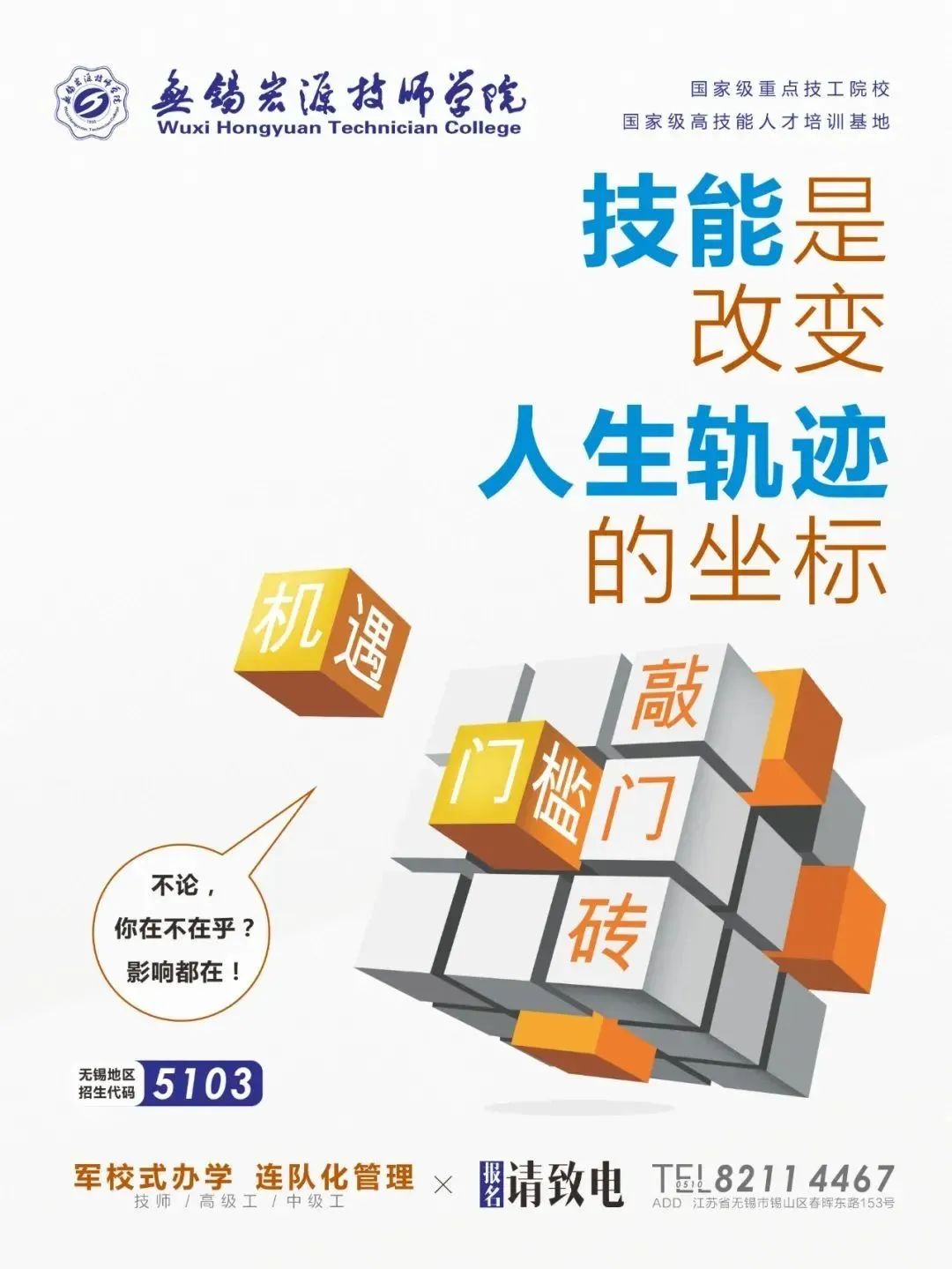
❖
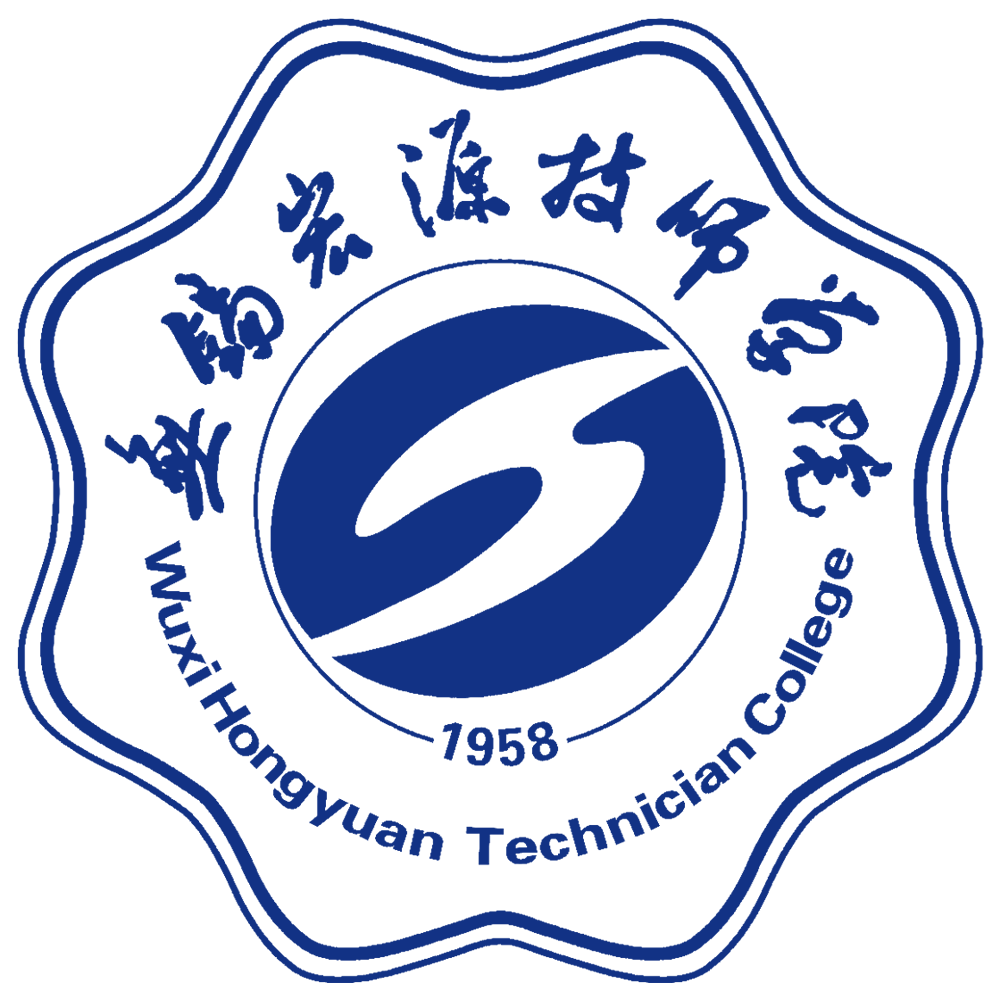

Contributed by | Department of Information Engineering
Edited by | Xu Hangyu
Reviewed by | Party and Government Office
